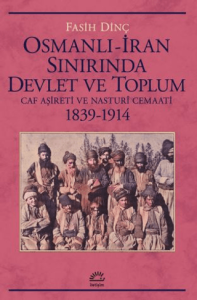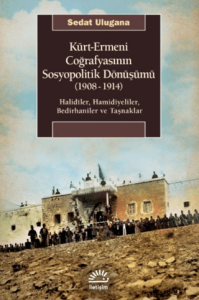
What I saw in these kilims] was this combination of color and design. Everybody always said that these women could only copy and that they copied and copied and copied. But within each kilim, there were all of these variations and they managed so well to conform to my concept of what was interesting and what was beautiful. I know that they hadn't woven them for me, but they fell within what I was interested in."
Josephine Powell
Born in 1919, Josephine Powell visited Turkey for the first time in 1955 to photograph Byzantine mosaics. She then set out on her first comprehensive trip around Turkey, being the first foreigner to be given permission to drive across the country after the foundation of the Republic. In those years she became interested in Turkish flat-woven textiles. She set out to work with the Turkish nomads themselves, gathering information about their handicraft what purpose the objects served, why they were made, and how they were created. She began amassing Anatolian kilims, sacks, bands and related artifacts in a collection that reflects the role and importance of weaving in rural Anatolia. She also played a major role in the revival of natural dyes in Turkey and in establishing the DOBAG (Doğal Boya Araştırma Geliştirme, Research and Development of Natural Dyes) Project, the first Turkish womens cooperative that makes carpets using authentic designs and natural dyes.
By the time of her death in 2007, Josephine had a significant collection and photographic archives. Her collections of Anatolian flat-weaves and ethnographic objects, as well as copies of all her images were donated to the Vehbi Koç Foundation in Istanbul in 2006. In this book, which is published within the framework of What Josephine Saw exhibition organized by Koç University Research Center for Anatolian Civilizations on 11 June 21 October 2012, you will find a selection of photographs of the Anatolia that Josephine saw, as well as the memorial essays of her colleagues, friends, and travel companions.
The editor of the book, Kimberly Hart, is Assistant Professor at Buffalo State College and works in the field of social and cultural anthropology.
What I saw in these kilims] was this combination of color and design. Everybody always said that these women could only copy and that they copied and copied and copied. But within each kilim, there were all of these variations and they managed so well to conform to my concept of what was interesting and what was beautiful. I know that they hadn't woven them for me, but they fell within what I was interested in."
Josephine Powell
Born in 1919, Josephine Powell visited Turkey for the first time in 1955 to photograph Byzantine mosaics. She then set out on her first comprehensive trip around Turkey, being the first foreigner to be given permission to drive across the country after the foundation of the Republic. In those years she became interested in Turkish flat-woven textiles. She set out to work with the Turkish nomads themselves, gathering information about their handicraft what purpose the objects served, why they were made, and how they were created. She began amassing Anatolian kilims, sacks, bands and related artifacts in a collection that reflects the role and importance of weaving in rural Anatolia. She also played a major role in the revival of natural dyes in Turkey and in establishing the DOBAG (Doğal Boya Araştırma Geliştirme, Research and Development of Natural Dyes) Project, the first Turkish womens cooperative that makes carpets using authentic designs and natural dyes.
By the time of her death in 2007, Josephine had a significant collection and photographic archives. Her collections of Anatolian flat-weaves and ethnographic objects, as well as copies of all her images were donated to the Vehbi Koç Foundation in Istanbul in 2006. In this book, which is published within the framework of What Josephine Saw exhibition organized by Koç University Research Center for Anatolian Civilizations on 11 June 21 October 2012, you will find a selection of photographs of the Anatolia that Josephine saw, as well as the memorial essays of her colleagues, friends, and travel companions.
The editor of the book, Kimberly Hart, is Assistant Professor at Buffalo State College and works in the field of social and cultural anthropology.




















